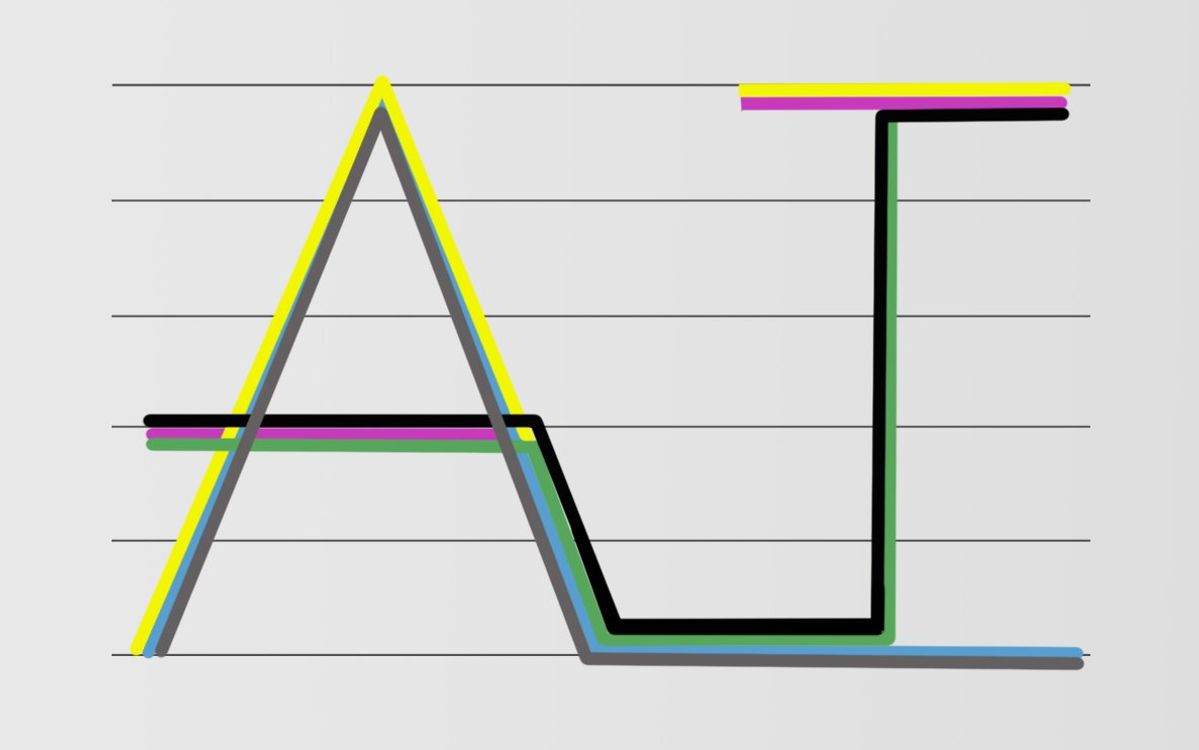In September 2007, Edward Leigh, chairman of the UK's Public Accounts Committee (PAC), called the problems with the Single Farm Payment Scheme which was introduced in 2005,
"... a master class in bad decision-making, poor planning, incomplete testing of IT controls, confused lines of responsibility, scant objective management information and a failure by the management team to face up to the unfolding crisis."
In June of 2008, Chairman Leigh, described the software upgrade involving the MoD's Chinook helicopter program as,
"one of the most incompetent procurements of all time."
In April of this year, Chairman Leigh, said that the Home Office's National Offender Management Information System (C-NOMIS) project was a
"spectacular failure" and "a master class in sloppy project management."
Last week, Chairman Leigh returned to the Farm Payment Scheme project to determine if anything had improved since his last review.
Apparently not.
Leigh now calls the effort, administered by the Rural Payments Agency (RPA) which is itself sponsored by the UK Department for Environment, Food and Rural Affairs (Defra), a
"test case in maladministration" managed by government officials with "scant regard to protecting public money."
Why?
Well, the problems at the RPA have already cost British taxpayers £622 million, and if the EU decides to fine England for mismanagement, it could conceivably increase by another £1.6 billion (the EU has already fined England £75 million for poor administration of the effort).
Chairman Leigh was quoted in the London Telegraph as saying, "Initially farmers, many of whom rely on payments, were paid the wrong amounts late; the agency then had to claw back the millions of pounds which had been overpaid. Because of its shoddy book keeping, it [the Rural Payments Agency] does not actually know the extent of those overpayments which could be somewhere between £55 and £90 million."
Problems with the computer system used to manage the payments and extra staff costs taken on to try to sort out the mess have already cost £304 million, the Telegraph says.
As an example of the problems plaguing the payment scheme, it costs £285 for administering farmer payments in Scotland, while it costs £1,743 in England.
Leigh, quoted in the London Times, said that, "Errors are still being made and farmers have little idea when and how much they will be paid. It [the RPA] sends letters completely out of the blue demanding back large sums it has overpaid, causing considerable distress, and in some cases, it has transpired the farmers actually owes nothing at all."
In one case described in the Yorkshire Post, a farmer was told by the Rural Payments Agency that he was overpaid £33,000 when in fact he was owed money, while another farmer says he is still waiting for money due him from 2005.
In a bit of understatement, the Public Accounts Committee recommended to Defra which sponsors the RPA that: (a) risks to ongoing IT system support and the inaccuracy of the scheme’s data be urgently examined, (b) that alternative payment systems be explored (meaning possibly dumping RPA's £350 million IT system that doesn't seem to work) and that, (c) ongoing management issues be resolved (like paying 100 contractors from a management consultancy an average of £200,000 a year for helping to manage a totally dysfunctional operation).
Defra announced just before the PAC report was going to be released that it would be conducting a review of the Rural Payments Agency's operations to see how they could be improved.
I am a bit worried about Chairman Leigh, though. He seems to be running out of colorful adjectives and phrases to describe UK government IT project blunders. The PAC report on the RPA uses many of the same phrases to describe problems there as in the C-NOMIS and Chinook fiascoes.
If you are so moved, what descriptions can Chairman Leigh use to characterize future UK government IT project failures that are extra-ordinary?
Robert N. Charette is a Contributing Editor to IEEE Spectrum and an acknowledged international authority on information technology and systems risk management. A self-described “risk ecologist,” he is interested in the intersections of business, political, technological, and societal risks. Charette is an award-winning author of multiple books and numerous articles on the subjects of risk management, project and program management, innovation, and entrepreneurship. A Life Senior Member of the IEEE, Charette was a recipient of the IEEE Computer Society’s Golden Core Award in 2008.



